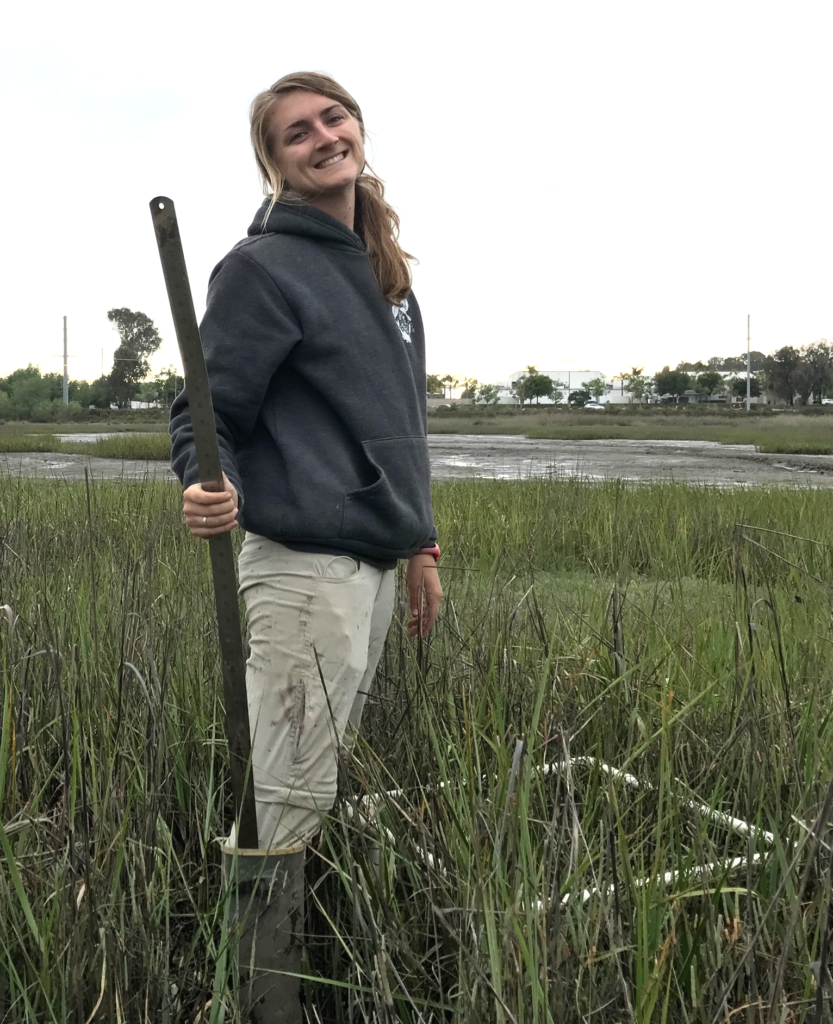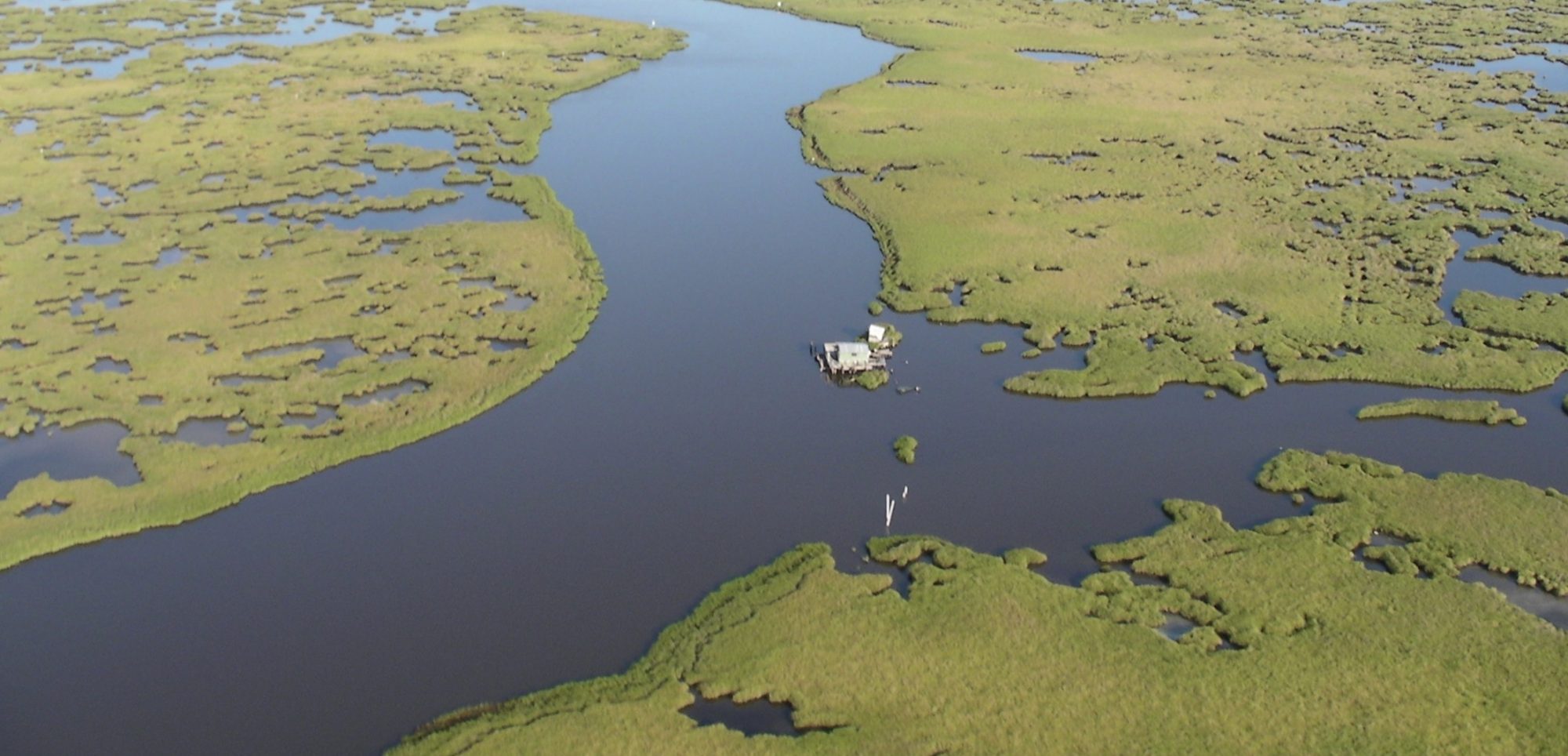
Ph.D. Candidate, University of California-Davis & San Diego State University
2018 Field Travel Grant Type 1
Testing for latitudinal variation in feeding preferences of the lined
shore crab Pachygrapsus crassipes in California salt marshes
“Animals influence community structure and ecosystem function via trophic interactions. In marine systems, herbivores play important roles in shaping the distribution, abundance, and morphology of basal resources (1). For example, in coastal salt marshes, crab herbivory can play a major role in influencing plant productivity and plant species zonation (2-6). Herbivore feeding preferences can depend on the palatability of plants and plant traits (7, 8), where latitudinal variation can exist, with more intense herbivory and better developed prey defenses often occurring at low latitudes compared to high latitudes (9-13). Along the U.S. Atlantic Coast, studies found that high-latitude plants were more palatable and higher in quality to herbivores than low latitude conspecifics (8, 14). Although a growing number of studies have shown latitudinal gradients in plant palatability and herbivore pressure (13, 15-17), no studies have been conducted to determine similar trends of the U.S. Pacific Coast. The central goal of this research is to identify feeding preferences of herbivorous crabs in northern and southern California salt marshes, to better understand patterns of local and regional community structure.”
